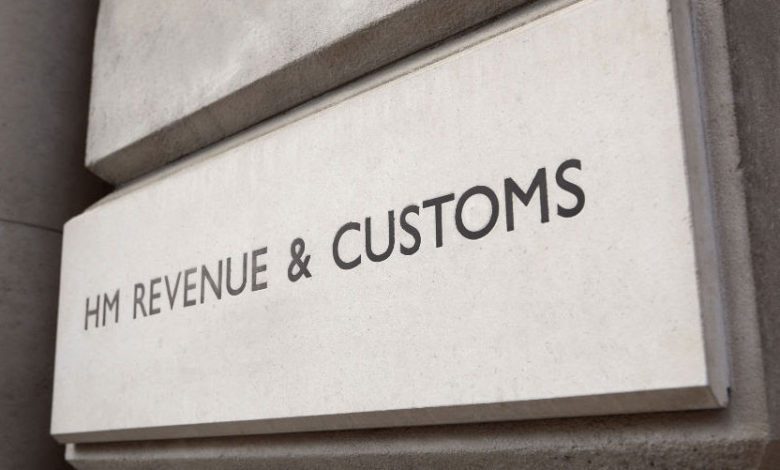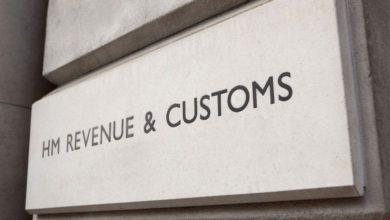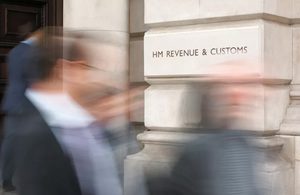Tax dodging cost HMRC £9bn during Covid, says NAO
The NAO found that HMRC can also strengthen confidence in its performance by more accurate measurement of the yield its compliance work generates

HMRC’s compliance work generated around £9bn less tax revenue than normal during the pandemic as thousands of tax compliance staff moved to support Covid schemes, according to the National Audit Office (NAO).
Pre-pandemic, tax revenues from compliance activity were on average 5.2% of total revenues. This reduced to 5.0% in 2020/21, a £1.5bn reduction. It then fell further to 4.2% in 2021/22, the lowest level since 2011-12, equating to a further £7.5bn reduction.
According to HMRC analysis, the tax gap, the difference between the amount of money owed to and received by HMRC, could grow in the years ahead however.
The NAO found that HMRC can also strengthen confidence in its performance by more accurate measurement of the yield its compliance work generates.
With revenues reaching record levels in 2021-22, the reduction in compliance yield is likely to be at least partly driven by reduced compliance work, although the impact of wider economic factors is “not yet clear”.
The NAO recommends HMRC improves how it estimates and reports the additional revenues its compliance work generates, including the likely extent of errors affecting taxpayers. It should ensure there is more consistent evaluation of all types of compliance work. This should include assessing how changes during the pandemic which it then made permanent – such as fewer face to face visits – affect levels of compliance.
Gareth Davies, head of the NAO, said: “HMRC had to move swiftly to reallocate resources to Covid-19 schemes, as the circumstances of the pandemic demanded. However, this directly affected its ability to investigate cases of people and businesses not paying the right tax.
“There is now a risk that more people will ultimately fail to pay the right tax or escape investigation or prosecution. It is concerning that HMRC’s planning indicates that non-compliance may grow following the pandemic. The next two years are critical, and swift action is likely to be needed to stem potential losses.”
He added: “There is little doubt that HMRC’s compliance work offers good value for money, but it needs to evaluate its performance more consistently. Improving the effectiveness of HMRC’s compliance work can help maximise the amount of money available for public services in a challenging economic context.”







